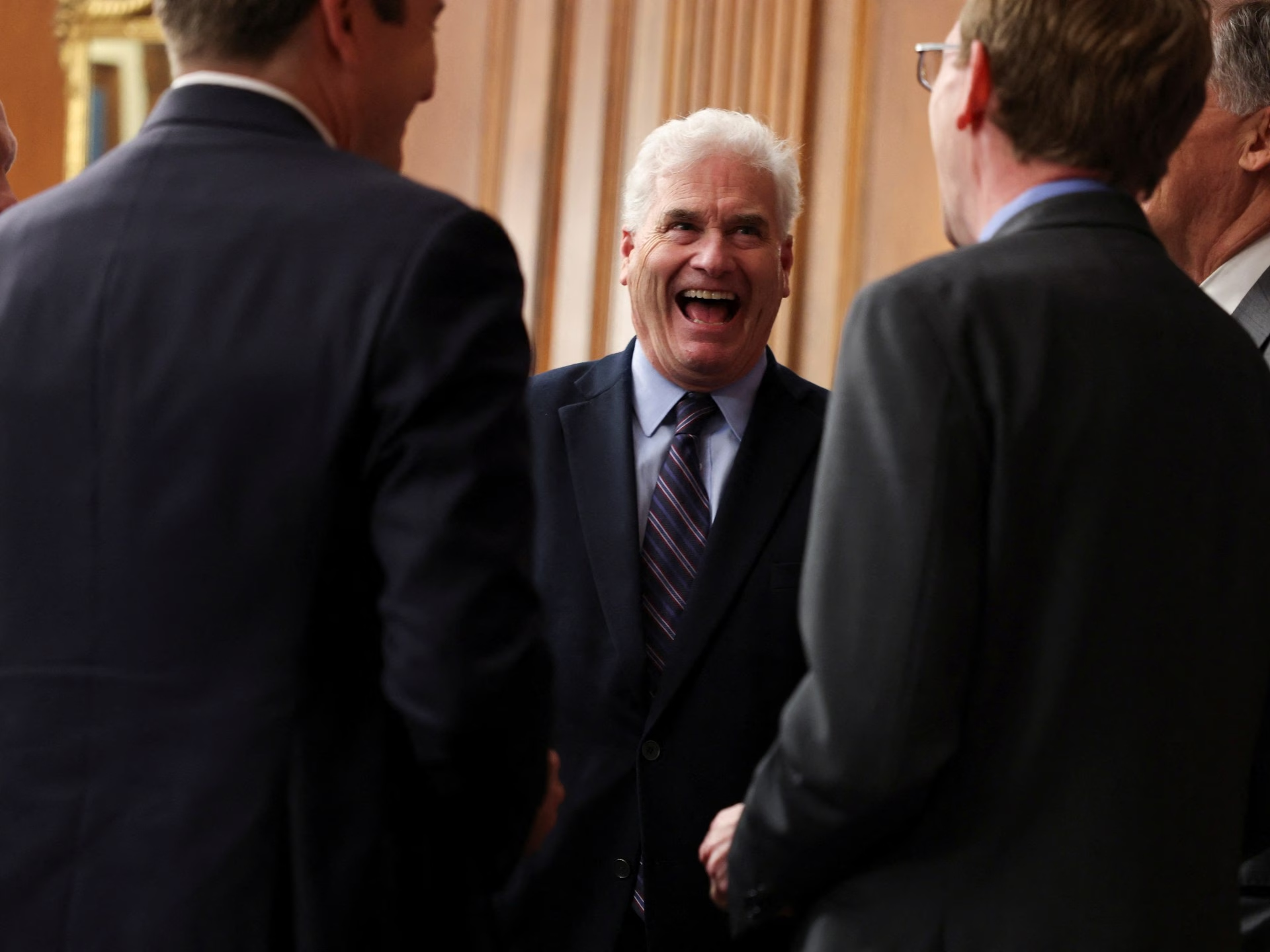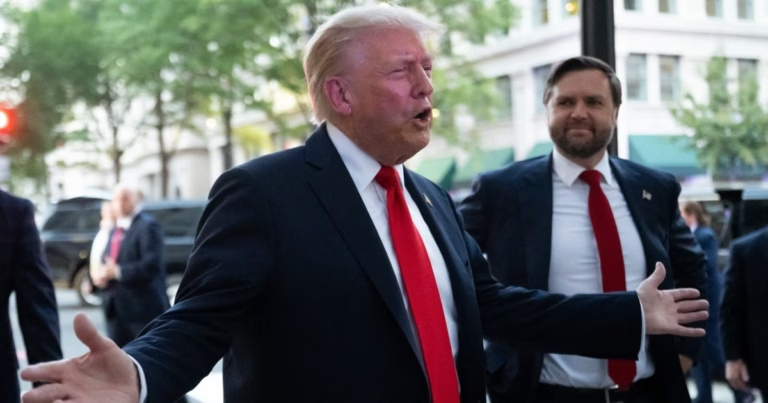Supporters of decentralised currency hope House bills will bring it to mainstream in the US as Trump promotes ‘crypto week’.
The Republican-controlled chamber’s votes align with the Trump administration’s goal of establishing the US as the “crypto capital of the world,” dubbed “crypto week” by the president.
The Trump family’s focus on the largely unregulated crypto industry has raised concerns about potential corruption and foreign influence.
One of the bills, the GENIUS Act, sets up initial consumer protections and guardrails for stablecoins, which are cryptocurrencies tied to stable assets like the US dollar.
House Financial Services Chair French Hill stated during Thursday’s debate that the bill will “ensure American competitiveness and strong protections for our consumers”.
“Internationally, payment systems are undergoing a revolution,” he remarked.
The legislation passed in the Senate and received a 308-122 vote in the House, garnering bipartisan support in both chambers.
A second bill aims to provide clarity regarding the regulation of digital assets. It passed with a narrower margin of 294-134 and will go to the Senate for further consideration.
Simplified, commodities like goods that can be traded and securities equating to partial ownership of an asset will be regulated accordingly.
A third bill, narrowly passing by 219-210 votes, would ban the US from offering a “central bank digital currency,” essentially, digital cash issued by the government. It will also head to the Senate.
Trump’s crypto interests
Cryptocurrencies have gained popularity since their emergence in 2009, with experts saying that unclear laws have limited US operations. The bills passed could encourage broader acceptance.
However, critical Democrats argue that Republicans are fast-tracking the legislature without addressing potential future presidents’ interests in cryptocurrency.
For instance, a provision in the bill bans lawmakers and their families from profiting off stablecoins, but the same restriction doesn’t apply to the president and his family.
Trump’s family is significantly invested in World Liberty Financial, a crypto project that issued a stablecoin called USD1. In 2024, Trump reportedly earned $57.35m from World Liberty Financial token sales, as disclosed in June.
A meme coin associated with Trump has reportedly generated roughly $320m in fees, shared among multiple investors.
“No one should be surprised that these Republicans will next validate, legitimise, and endorse the corruption of the Trump family,” Representative Maxine Waters, the top Democrat on the House Financial Services panel, commented on the bill’s passage.
Trump has also proposed creating a cryptocurrency “national reserve” and has stopped Department of Justice investigations related to cryptocurrency.
Some Democrats criticise the GENIUS bill for establishing an overly weak regulatory framework, potentially posing long term financial risks.
They argue that the legislation allows large corporations to issue their private cryptocurrencies.








